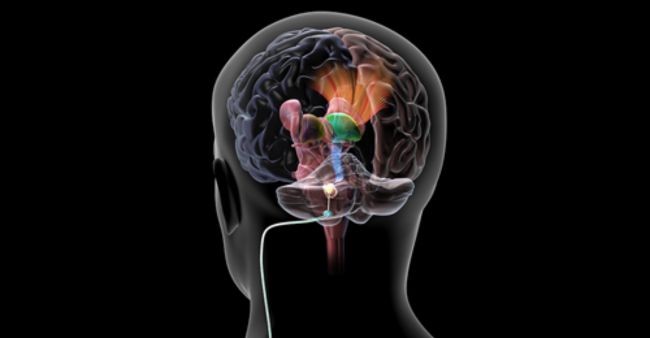Cleveland Clinic researchers used deep brain stimulation (DBS) to target the dentate nucleus in the first-in-human trial for post-stroke rehabilitation patients. The dentate nucleus directs fine control of voluntary movements, language, cognition, and sensory functions in the brain.
The majority of participants (nine out of 12) improved in both motor impairment and function, as per the EDEN experiment, which is the Electrical Stimulation of the Dentate Nucleus for Upper Extremity Hemiparesis Due to Ischemic Stroke.
The study observed that participants with at least minimal distal motor function signified gains that almost tripled their original scores at the time of enrolment.
Published in Nature Medicine, these observations build on more than a decade of preclinical work led by principal investigators Andre Machado, MD, PhD, and Kenneth Baker, PhD, at Cleveland Clinic.
Dr Machado, chair of Cleveland Clinic’s Neurological Institute, said, “These are reassuring for patients as the participants in the study had been disabled for more than a year and, in some cases, three years after stroke. This gives us a potential opportunity for much-needed improvements in rehabilitation in the chronic phases of stroke recovery.”
“There are currently no effective methods to improve the outcomes of physical rehabilitation for the hundreds of thousands of stroke survivors,” said Dr Baker, Cleveland Clinic Lerner Research Institute.
He further added, “The results of the study found that deep brain stimulation, paired with physical therapy, improved movement in patients who were more than a year out from their stroke and whose motor improvements had largely plateaued. This tells us the research warrants further investigation in larger patient samples.”







